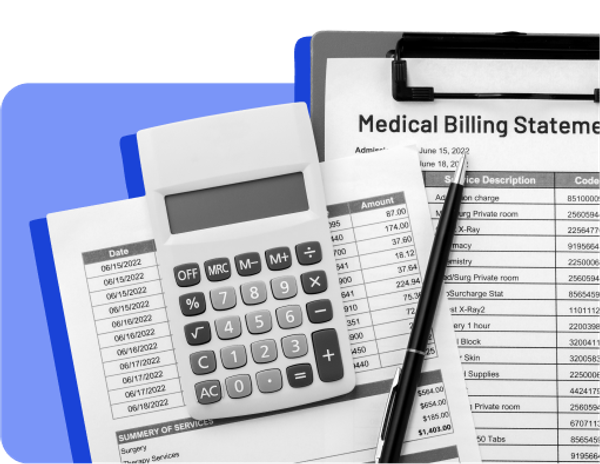
Medicare and Medicaid are both government-provided health insurance programs that generally serve different groups of people. But people who are 65 and older or living with a disability and on a limited income may be eligible for both Medicare and Medicaid.
This dual coverage can mean access to more care, lower costs, and extra support, especially when it comes to prescriptions and long-term services. Here’s who qualifies for both Medicaid and Medicare, and how to apply if you think you might be eligible.

Balance your grocery budget and get access to deals with Propel
Medicare vs. Medicaid#medicare-vs-medicaid
What is Medicare?#what-is-medicare
Medicare is a federal health insurance program for people aged 65 and older and people under 65 with disabilities or certain medical conditions.
What does Medicare cover?#what-does-medicare-cover
Original Medicare typically covers hospital stays and outpatient doctors’ visits and preventative care—it doesn’t cover prescription drugs, long-term care services like nursing homes, eyeglasses, hearing aids or dental care.
However, people who qualify for Medicare do have the option to purchase additional coverage for prescriptions or opt into Medicare Advantage for prescription coverage.
What is Medicaid?#what-is-medicaid
Medicaid is a state-run program that offers health insurance to low-income individuals and families.
What does Medicaid cover?#what-does-medicaid-cover
Medicaid coverage varies by state, but all states offer coverage for hospital stays, outpatient doctor visits and preventive care, as well as long-term care services like nursing facility services, and home health services.
Medicaid can also provide coverage for prescription drugs, eyeglasses, dental care, and physical and occupational therapy.
Who qualifies for both Medicare and Medicaid?#who-qualifies-for-both-medicare-and-medicaid
You may be eligible for both Medicaid and Medicare if you meet the requirements for each program separately. Here’s a closer look at who typically qualifies for each:
Medicare eligibility#medicare-eligibility
To qualify for Medicare, you must be:
- Age 65 or older, or
- Under 65 with a qualifying disability, or
- Diagnosed with End-Stage Renal Disease (ESRD) or ALS (Lou Gehrig’s disease)
Medicaid eligibility#medicaid-eligibility
To qualify for Medicaid, you must meet meet any income or medical requirements set by your state, but generally eligibility depends on:
- Your monthly income
- The value of things you own (like savings or property, not counting your primary home and car)
- Whether you need help with medical or long-term care expenses
In most states, if you get Supplemental Security Income (SSI), you automatically qualify for Medicaid.
You may qualify for Medicaid even if your income is over your state’s limit through the Medically Needy Pathway. With the Medically Needy Pathway you can “spend down” your income or assets by paying out-of-pocket for medical costs until you hit your state’s threshold.
To find your state’s income and asset eligibility thresholds, visit the Medicaid website and select the “eligibility” link on your state’s profile.
So who gets dual eligibility?#so-who-gets-dual-eligibility
Take a look at the rules for both Medicare and Medicaid—in order to qualify for dual eligibility, you have to meet the requirements for both programs. So you may qualify if you:
- Are over 65 and earn below a certain income
- Have both a qualifying disability and earn below a certain income
How do I apply for both Medicare and Medicaid?#how-do-i-apply-for-both-medicare-and-medicaid
You’ll need to apply for Medicare and Medicaid separately, since they’re run by different agencies.
How to apply for Medicare#how-to-apply-for-medicare
You can apply for Medicare through the Social Security Administration:
- Online at the Social Security Administration website
- By calling 1-800-772-1213 or TTY +1 800-325-0778 if you're deaf or hard of hearing
- Or by visiting your local Social Security office
Most people are automatically enrolled in Medicare when they turn 65 if they’re already receiving Social Security benefits.
How to apply for Medicaid#how-to-apply-for-medicaid
You can apply for Medicaid through your state’s Medicaid office. You can usually apply:
- Online through your state’s benefits portal
- By calling your local Department of Human Services or Medicaid office
- By getting application help from a hospital, clinic, or community organization
Not sure where to apply? Visit the Medicaid website and find your state’s information there.







